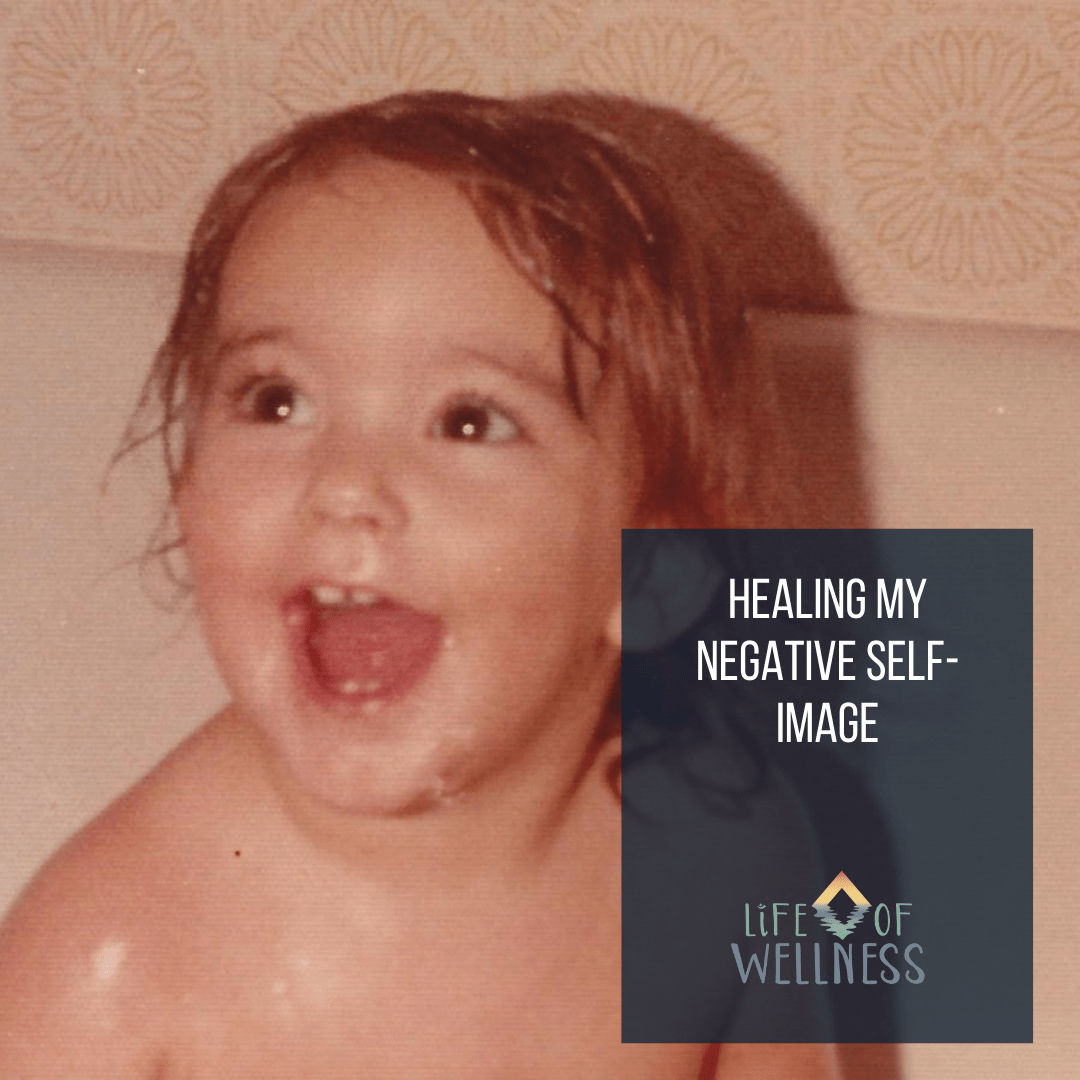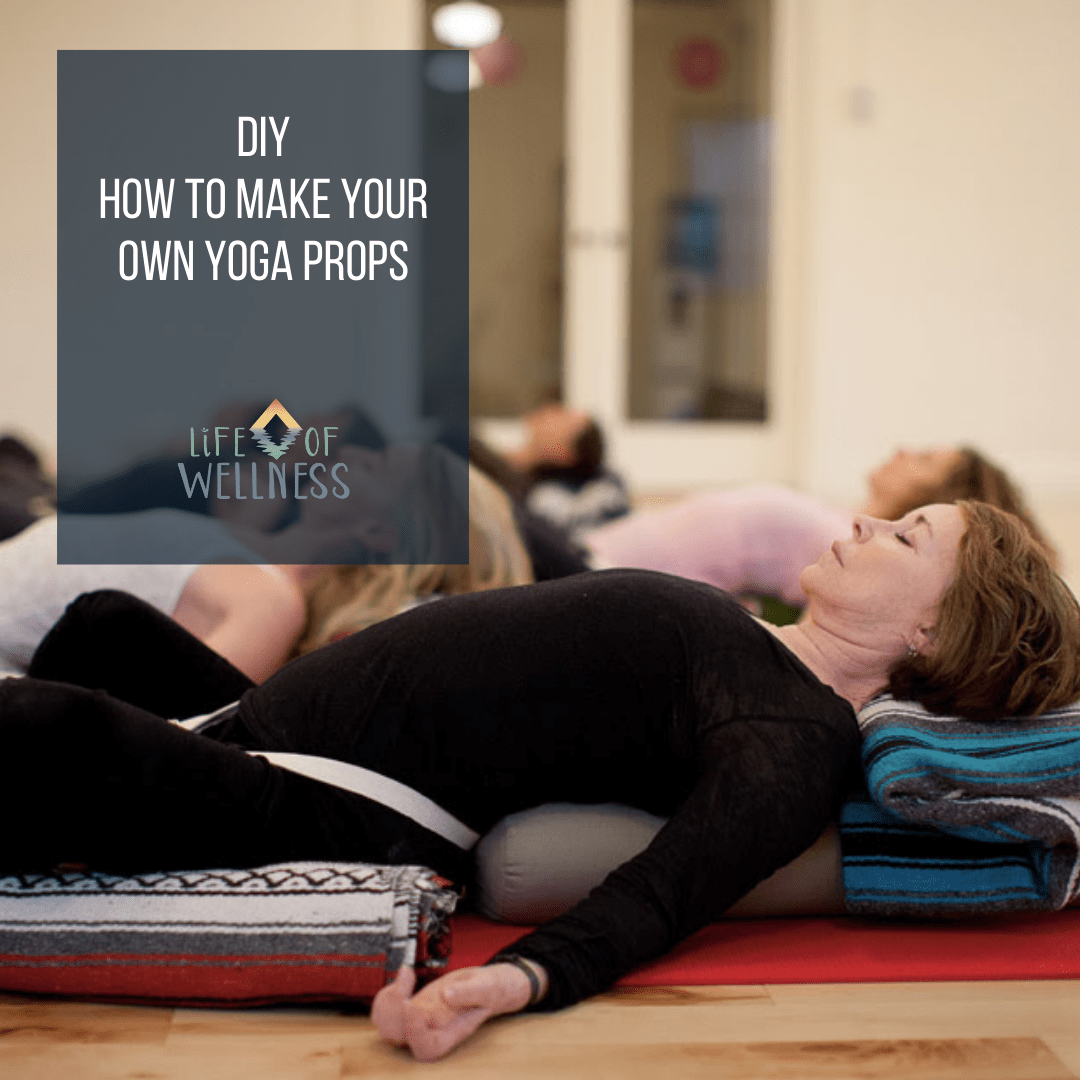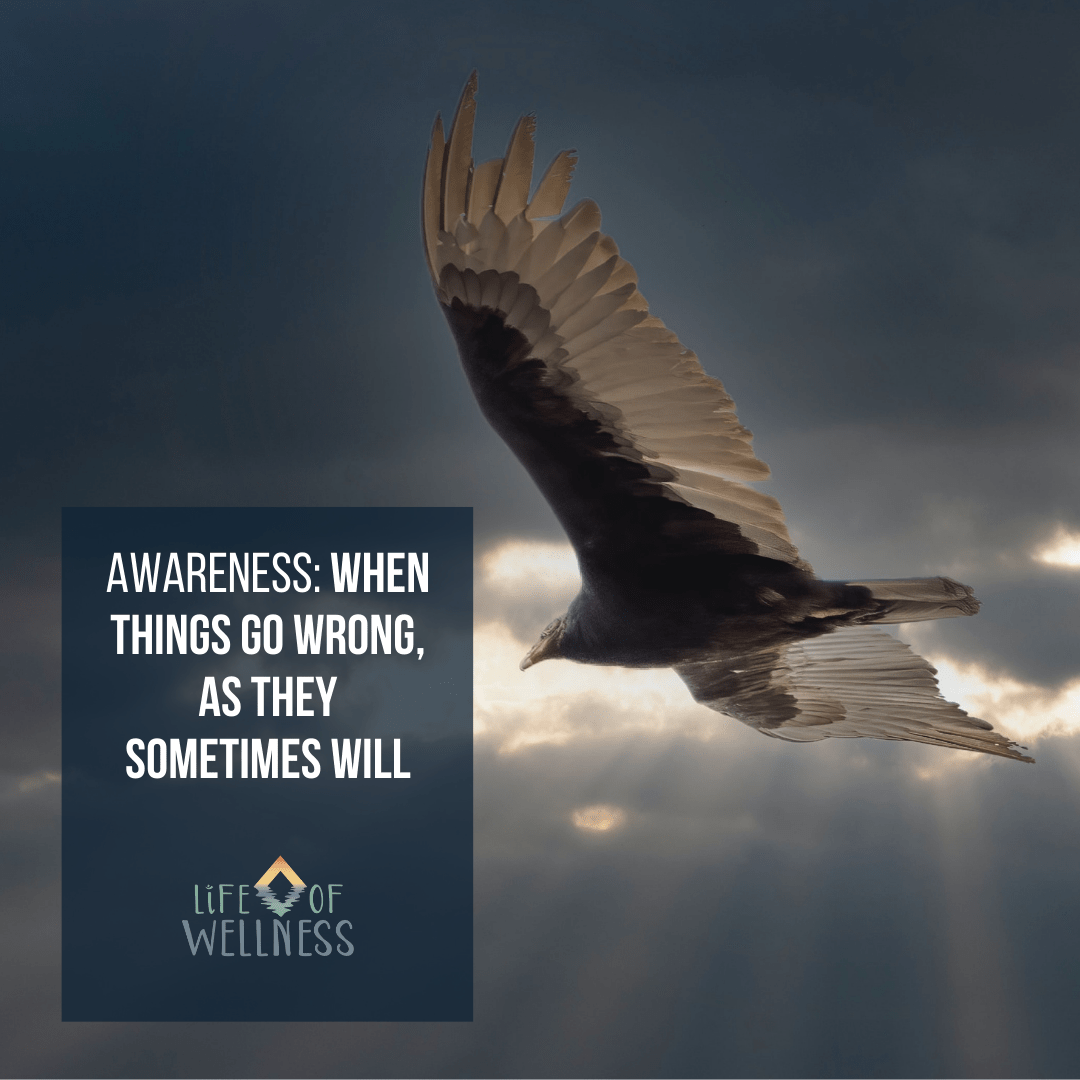Defining the Difference between Stress and Overwhelm
Stress and overwhelm are often used interchangeably, but they have distinct differences that are important to understand when caring for yourself. Stress is a natural response to a challenging situation, and it can motivate us to take action and solve problems. However, when stress becomes chronic or unmanageable, it can negatively affect our physical and mental health. On the other hand, overwhelm is a feeling of being completely inundated or unable to cope with the demands of a situation. It can lead to a sense of paralysis or helplessness and may require different strategies than stress management. By recognizing the difference between stress and overwhelm, we can better tailor self-care practices to our needs and cultivate resilience in life’s challenges.
Being Stressed
In her recent book, Atlas for the Heart, research professor Brene Brown defines being stressed. “We feel stressed when we evaluate environmental demands as beyond our ability to cope successfully. this includes elements of unpredictability, uncontrollability, and feeling overloaded.” She further explains that stressful situations cause physiological (body) and psychological (mind and emotion) reactions, increasing our sympathetic nervous system response. At the same time, the body will respond with increases in our heart rate and the release of cortisol. Our emotional response is tied to a cognitive assessment of if we can cope with the situation. It is what we are thinking that our emotions are responding to!
Feeling stressed is a normal and healthy part of life. However, daily stress takes a toll on us, and when we are experiencing chronic exposure, it can negatively impact our overall health. For example, high levels of stress, both real and perceived, have been shown to correlate with more rapid aging, decreased immune function, greater inflammatory responses, less sleep, and poorer health behaviors.
Being Overwhelmed
This is such an important distinction. When we are stressed, we can function albeit at a lower capacity, but when we are overwhelmed, our nervous system and psyche can not manage!
Discerning the difference between being Stressed and Overwhelmed
It’s important to discern whether you are experiencing being stressed or overwhelmed so that you can take appropriate steps to care for yourself. So let’s talk about what you might feel to help you notice the difference in your body. If you are stressed, you may feel tension or pressure, have difficulty concentrating, and may experience physical symptoms like headaches or digestive issues. You may also feel a sense of urgency to take action or solve a problem. On the other hand, if you are overwhelmed, you may feel like you’re drowning in demands or responsibilities and have difficulty prioritizing or making decisions. You may also feel a sense of hopelessness or helplessness and find it hard to take any action at all.
By paying attention to these different signals, you can determine whether you need to focus on stress management techniques like exercise, mindfulness, or a strategy to reduce overwhelm. Below is a list of 50 ways to help care for yourself when stressed. While some of these may help when we feel overwhelmed, nothingness is needed. For example, Jon Kabat-Zinn suggests the cure to overwhelm is mindful play, or no-agenda, non-doing time. So in this state, even reading the list to pick more “doing” may cause overwhelm to get more overwhelming.
50 Ways to Care for Ourselves
- Breathe without forcing your breath to change; slowly and progressively lengthen your exhale.
- Permit yourself to feel your emotions in a way that feels safe.
- Describe the emotions, what they feel like, and where they are in your body.
- Describe the sensations in your body or mind.
- Journal your thoughts until there are no more.
- Enjoy a cup of tea or something soothing.
- Take a bubble bath or shower (cold or warm could help).
- Turn on your favorite music, sing, and dance.
- Take some time in nature.
- Watch a comedy for a good laugh.
- Take a walk or go for a run.
- Have a good cry.
- Do a guided meditation.
- Make your favorite meal.
- Take a nap or have a good sleep.
- Hang out with your favorite pet.
- Write a list of all the things you are grateful for. Then, for each one, take time to embody the gratitude.
- Take a yoga class.
- Call a friend or loved one.
- Read your favorite book or something new.
- Call a friend and go to a movie.
- Go for lunch or dinner with a friend.
- Do something creative, paint, draw, or color.
- Listen to something inspirational.
- Practice Yoga Nidra.
- Make a list of all the things you have already survived.
- Check something easy off your to-do list.
- Write down your strengths.
- Take a hike.
- Get your feet wet, find a body of water, and wander.
- Make an appointment with a coach or mentor.
- Take some time to step away.
- Take a mental health day.
- Ask for help!
- Ask someone to help take some of the tasks on your list.
- Call an old friend and get reconnected.
- Close your eyes and listen to your heart’s answer to this question, “What do I need right now” and then do what it says.
- Take a cooking class.
- Go to a museum.
- Go to the park and listen to the children playing.
- Repeat your favorite positive affirmation.
- Ask yourself what would your grandparent or parent say.
- Have a games night with friends and family.
- Watch your favorite movie.
- Go for a drive.
- Visit an animal shelter.
- Play a game.
- Rest with a warm cloth on your eyes.
- Get a massage or haircut.
- Talk to your doctor. You are not alone; if you feel emotionally overwhelmed for an extended period, you may benefit from seeing a mental health professional.
Do you have a favorite thing that helps you? Please share it in the comments!
Continue reading Life of Wellness Blog
Disclaimer:
No content on this site, regardless of date, should ever be used as a substitute for direct medical advice from your doctor or other qualified clinicians.



